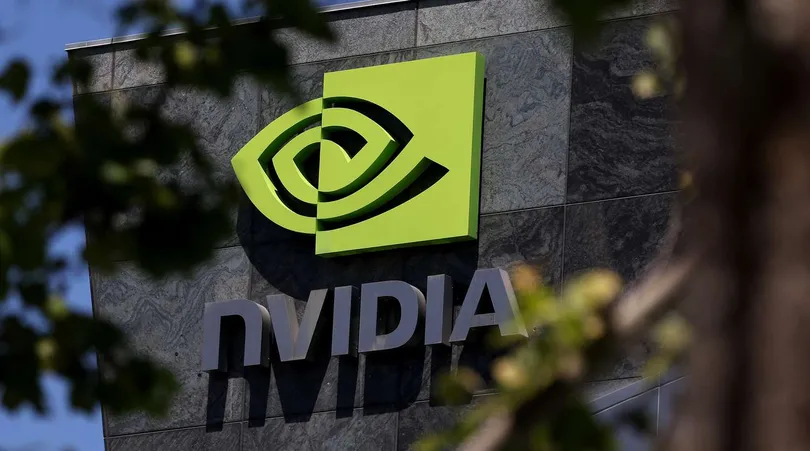Nvidia Corporation has once again surpassed expectations with its latest quarterly earnings report, posting record-breaking revenue and net income. The chipmaker’s rapid growth is driven by soaring demand for artificial intelligence (AI) hardware, particularly in the data center segment.
Nvidia’s Q4 Financial Performance
For the fourth quarter of fiscal year 2025, Nvidia reported:
- Revenue: $39.3 billion, marking a 78% increase year-over-year and a 12% rise from the previous quarter.
- Net Income: $22.1 billion, reflecting an 80% surge compared to the same period last year.
- Earnings Per Share (EPS): GAAP EPS reached $0.89 per diluted share, up 82% year-over-year.
These numbers showcase Nvidia’s dominance in the AI chip sector, where its GPUs power cutting-edge AI applications worldwide.
Data Center Growth Fuels Nvidia’s Success
The data center division played a crucial role in Nvidia’s exceptional earnings, reporting:
- Revenue: A record $35.6 billion, up 93% from last year and 16% from the previous quarter.
- Key Drivers: High demand for Nvidia’s Blackwell AI supercomputers, which generated billions in sales in their first quarter on the market.
Jensen Huang, Nvidia’s CEO, highlighted the growing need for AI-driven computing power, stating:
“Demand for Blackwell is amazing as reasoning AI adds another scaling law — increasing compute for training makes models smarter, and increasing compute for long thinking makes the answer smarter.”
Market Reaction and Future Outlook
Following the report, Nvidia’s stock saw slight fluctuations in after-hours trading, dipping 0.5% before rebounding 2.5% as investors processed the details.
For the upcoming quarter, Nvidia has set its revenue guidance at $43 billion, slightly surpassing analyst projections of $42.1 billion.
The company’s continued expansion solidifies its position as a leader in AI computing, making its GPUs a critical component in next-generation AI advancements.

